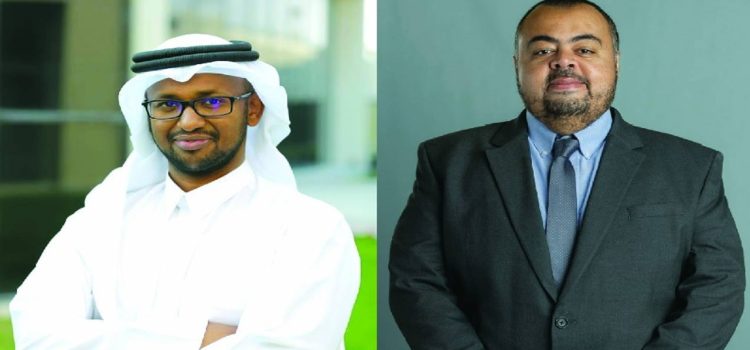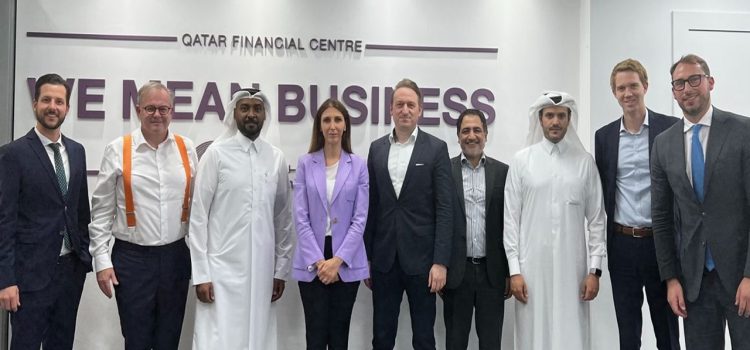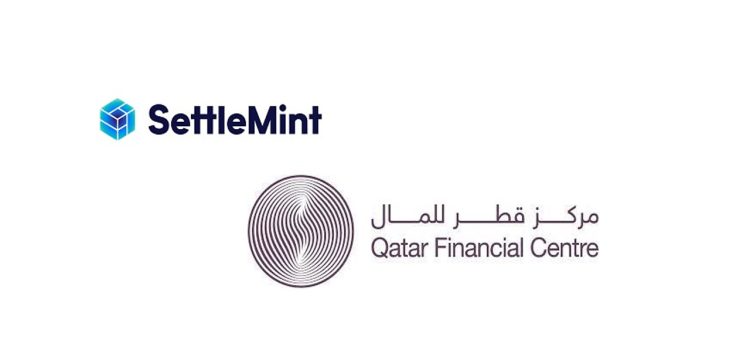
In a recent LinkedIn post, Henk Jan Hoogendoorn , Chief Financial Sector Officer at Qatar Financial Centre (QFC) Authority revealed that the digital assets framework that the authority has been working on will soon be launched along with the digital asset lab.
As noted, QFC is working with Price Waterhouse Cooper ( PWC) to finalize the digital assets framework and the launch of the digital assets lab.
As Hoogendoorn noted, “ We are working on digitalassets framework together with Qatar Financial Centre Regulatory Authority (QFCRA) supported by the expertise of PwC .We are making good progress on preparation of Digital Asset Lab to be launched soon.”
Prior to this Qatar Financial Authority had taken several inititiatves towards advancing DLT, Blockchain and digital assets within the financial sector.
In May speaking to LaraontheBlock, Hoogendoorn stated, “We are developing our digital assets framework to allow for public tokenization of assets, including securities, bonds, and real-estate.” He emphasized that they will not go into crypto, NFTs (Non Fungible Tokens) or commodities at this time.
In addition Qatar Financial Centre Authority and Blockchain solution provider R3 signed an MOU to develop and grow Qatar’s fintech industry using technologies such as DLT (Distributed Ledger Technology), as well as an MOU with Blockchain entity Settlemint.
In August 2022 Qatar had released a national consultation paper about the “National Blockchain Blueprint for Qatar”. The paper was collaboratively developed by CRA, Hamad Bin Khalifa University, and Qatar University. The final version was released in March 2023.
Again it seems countries across the GCC and MENA region are embracing blockchain, digital assets, and to some degree virtual assets, the future is looking crypto bright.











